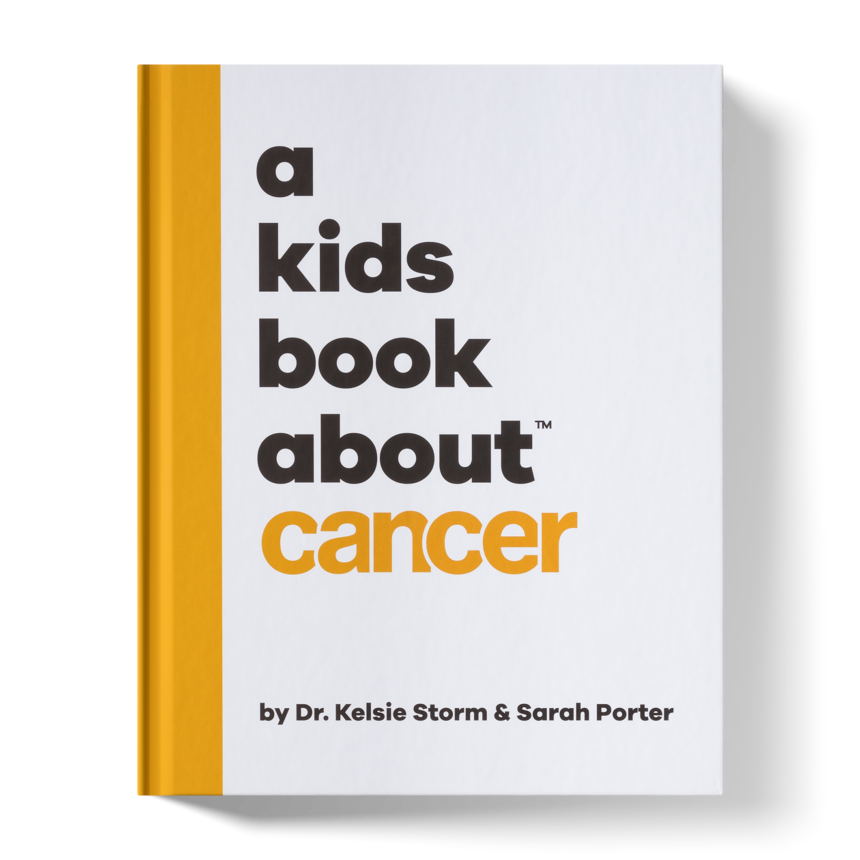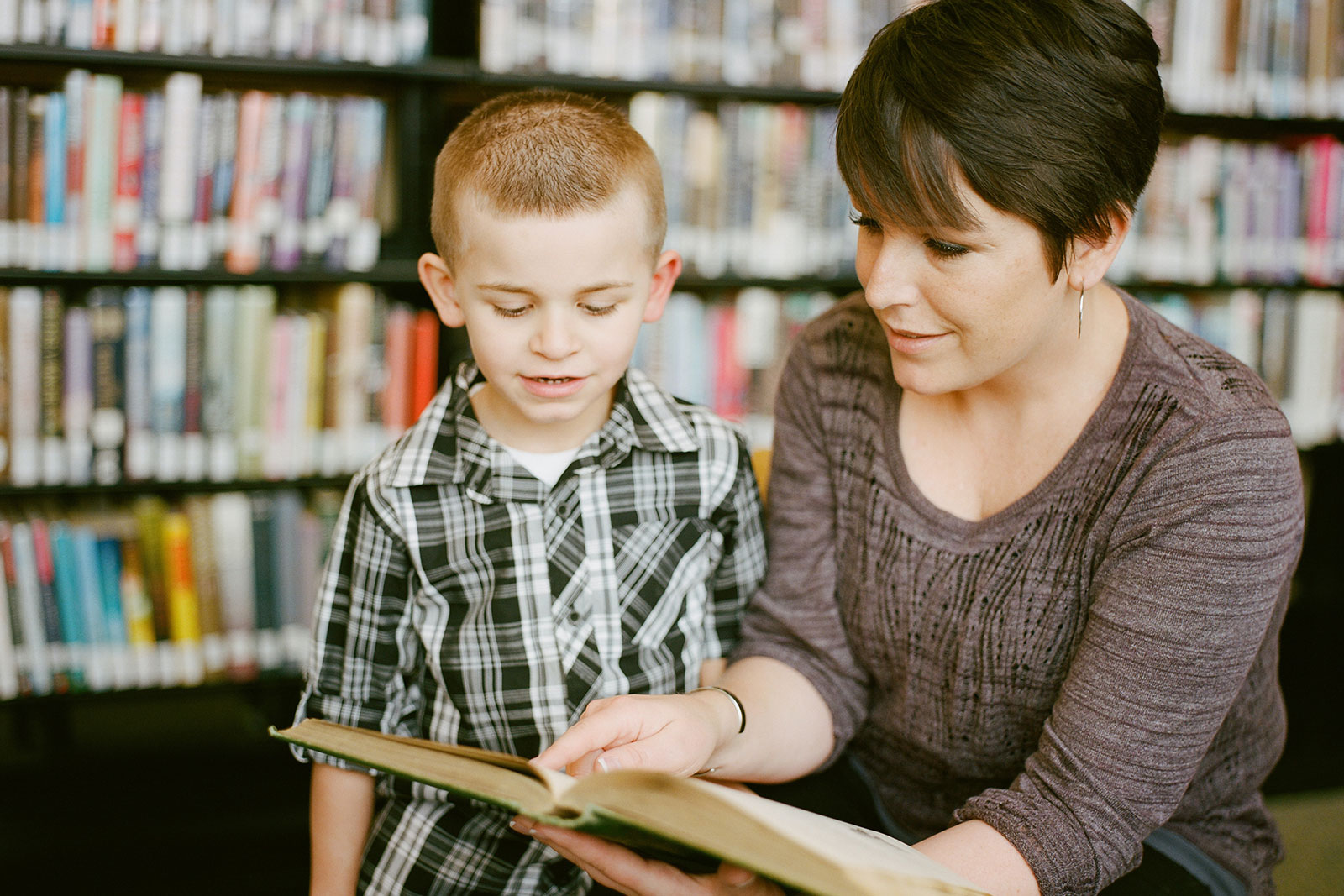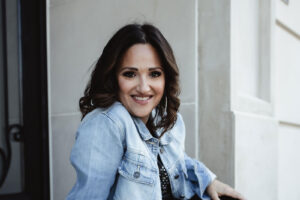Facing cancer of any kind is hard enough. Telling your children about it makes it even tougher. But it’s something parents need to talk about, experts say, because kids know when something is up.
“Silence is lonely and scary,” explains Sarah Porter, a social worker who helps families facing cancer. “Since children can sense and feel emotional shifts in the family, not telling them what is happening leaves them guessing. Then they worry, and have no one to talk to about it.”
That’s where bibliotherapy comes in. “Not knowing where to start or how to present something in an age-appropriate way can feel overwhelming and paralyzing and can contribute to silence,” says Porter, author of “A Kids Book About Cancer.” “Having a book you trust to read with a child can be the conversation starter.”

The bottom-line message when discussing a parent’s cancer is that “they didn’t do anything wrong, that they didn’t cause the cancer, they won’t be alone and you will face it together.”
Thankfully, there are many books for children of all ages to open lines of communication. Here are a few to get you started:
Topic: The Genetic Factor
“Mom’s Genes: Empowering children to learn about their family’s health history”
by Shannon Pulaski (ages 4–8)
Genetics is a heavy topic to discuss with kids and something many adults don’t even understand. But Shannon Pulaski decided it was never too early to start talking to her three young children about their family health history after she tested positive for the BRCA1 mutation and had a prophylactic mastectomy.
“We started to talk about genetics in a simple way — you get your freckles from your mom and your height from your dad,” she says. “We drew pictures and once we had a collection, I started thinking, ‘This could be a book.’”
“Mom’s Genes” was soon born.
“They already knew that there’s cancer in the family because grandma was sick,” she says. “We started to talk about how these things can run in your family so it’s important to have a healthy lifestyle.”
Pulaski wanted such discussions to be ongoing and comfortable. “The idea is to slowly incorporate this information into their lives so they can process it, cope with it, and develop positive proactive behaviors as they grow,” she adds.
As the book says: “Your family tree can be a guide to the body’s maze that is deep inside. Ask your mom, ask your dad, ask your grandpa, too, to discover what genes are inside of you!”
After all, says Pulaski, “Knowledge is power.”
Topic: Lymphoma
“Emily and Lucy to the Rescue”
by Phyllis Ershowsky (ages 3–10)
When Phyllis Ershowsky was diagnosed with lymphoma, her adult daughter Emily put her life on hold to be by her side through treatment. She brought along Lucy, a rescue dog. They both inspired “Emily and Lucy to the Rescue.”
“I thought about how a young child faced with cancer or another serious illness in the family would feel frightened, anxious and helpless,” says Ershowsky. “And I dreamed of a book that would help children know that through love, kindness and compassion, they could regain control, make a difference in their family’s [lives] and be a hero in his or her own story.”
“I hope that if a family facing cancer is finding it difficult to find the words to express to a child that it’s OK to feel scared, and that there are things they can do to help, that ‘Emily and Lucy’ enables them to articulate those thoughts,” she adds. “Books can bring families together during difficult times and explain complicated issues.”
As she writes in the book: “Emily and Lucy did not slay dragons. They did not climb tall ladders to put out fires. Nor did they go on a high-speed chase to catch the bad guys. But to Emily’s mom, they are the heroes of her story.”
“I want kids to know that they are not alone. There are other children going through similar circumstances. I also want them to see that even during cancer, you can enjoy family time together. You can laugh at your favorite TV shows, do puzzles, play games and have outings,” she says. It’s also OK for kids to know that their parent may be too tired after treatment and have to rest. Communicating and taking the mystery out of these challenges provides reassurance.”
Topic: Chemotherapy
“Nowhere Hair”
by Sue Glader (ages 2–6)
Imagine a little child who sees his or her mom bald for the first time. They may wonder, “Where did it go?”
Sue Glader took a serious topic and had a little fun with it in “Nowhere Hair.” The character wants to know where her mommy’s hair has gone after chemotherapy (though the word is not mentioned).
“I’ve looked, you know. And it’s not anywhere,” she writes in the book. Not in her mom’s purse, the cookie jar or beneath her bed. Then the little girl fantasizes about what the hair could be doing: lining a bird’s nest or cloaking a cold cat.
Instead of being scary, Glader wanted a book that is “upbeat and informative” and would “buoy spirits.”
“I turn to books for comfort and to understand things that are confusing,” she says.
It’s particularly important at a time of pandemic, she believes, to explain that cancer is not a germ or virus. “When she kisses me, I can’t catch what she’s got,” the girl says of her mom. It’s also not because of anything the child “did or said or even thought.”
In the end, the little girl realizes her mom’s hats “for every mood” are fun and fancy. Yet “when mommy’s feeling confident, she wears nothing at all,” and goes bald. She comes to the conclusion that although her mom’s hair will grow back, “it’s what’s inside that counts.”
Topic: Metastatic Cancer
“The Cancer That Wouldn’t Go Away: A story for kids about metastatic cancer”
by Hadassa Field (ages 4–8)
Unlike stories about early-stage cancer—which talk about life going back to normal—life has irrevocably changed forever with metastatic cancer. The future is uncertain. You may need different books to read to your children since there likely won’t be a happy ending and your cancer will never be “cured.”
“The Cancer That Wouldn’t Go Away” is written for the child whose parent is living with incurable cancer that has spread, but the prognosis is open-ended. Hadassa Field wrote the book for her young niece and nephew when their mother, Ahuva, was diagnosed with breast cancer at age 25. Two years later it became metastatic.
“Ahuva was searching for a way to explain the new reality to them,” explains Field. “She quickly discovered that there was no such book.” She was wary of using one that might “present a future that couldn’t exist.”
So, Field wrote the book herself and the family used it “as a springboard for healthy discussion, as well as tears.” It explains that the original cancer has returned “in too many places.” It talks about the uncertainties of life and the future. But love and laughter remain constant as they “take life one day at a time.”
The book also has a comprehensive guide for parents and professionals, written by child trauma psychologist Rinat R. Green.
She reminds parents that a discussion about cancer with your child is “not a one-time, get-it-all-in event,” but rather a process that “will evolve over time.” Such books can be read over and over as the child comes to grips with the changes in his or her life and new questions and issues arise.







